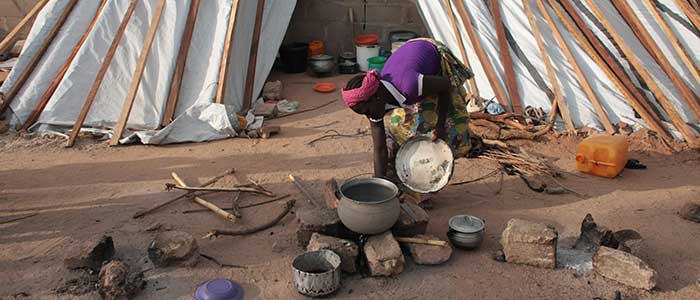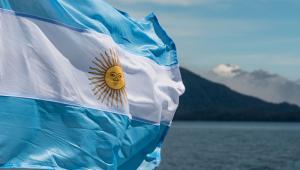refugee camp nigeria lake chad.jpg

A woman cooks in a Nigerian refugee camp
The country’s president, Mohammadu Buhari, promised to roll out the cash transfer scheme to one million of the poorest Nigerians during his campaign – a pledge that now looks set to be fulfilled.
In a statement published yesterday, the government said that payments commenced in nine states last week, with many beneficiaries reporting that they had received their first round of funds.
The programme will now be rolled out across Nigeria, after registers have been developed to identify the remaining states’ neediest residents.
According to World Bank data, in 2009 53% of Nigerians were living on less than $1.90 per day – the international poverty line.
Some regions of the populous country are worse off than others. The conflict-hit Borno State, for example, is currently teetering on the edge of famine, NGOs have warned.
Borno State is one of the nine to have already begun receiving payments. The states were chosen because they already have a system that the government deemed to have “successfully identified the most vulnerable and poorest Nigerians through a tried and tested community-based targeting”.
The World Bank is helping the country develop these mechanisms in states where they do not currently exist, after which they will be able to participate in the programme.
In the 2016 budget, the government set aside 68.7bn naira ($219m) for the scheme. This formed part of a larger, 500bn naira ($1.6bn) social investment programme, also consisting of job creation and support, and free school meals.
However, the sharp decrease in the value of the naira could hamper the programme’s good intentions. The national currency depreciated rapidly after Nigeria floated naira and ended its peg to the dollar. Despite subsequent efforts to control inflation, the price of basic goods is on the rise in the export-reliant country.
In June last year, one US dollar was worth around 199 naira. Today, the same exchange would yield around 313 naira, representing a devaluation of around 35%.













